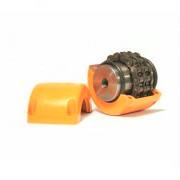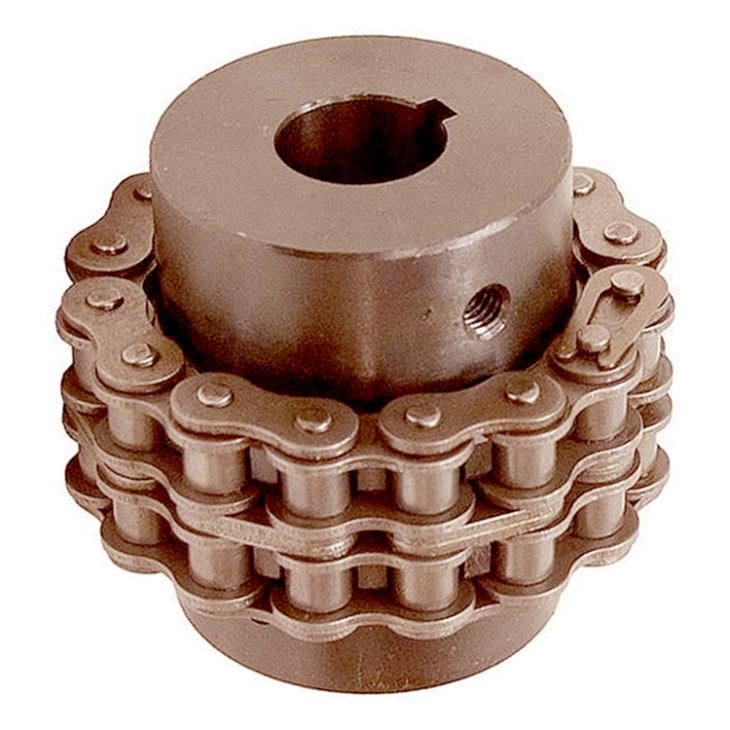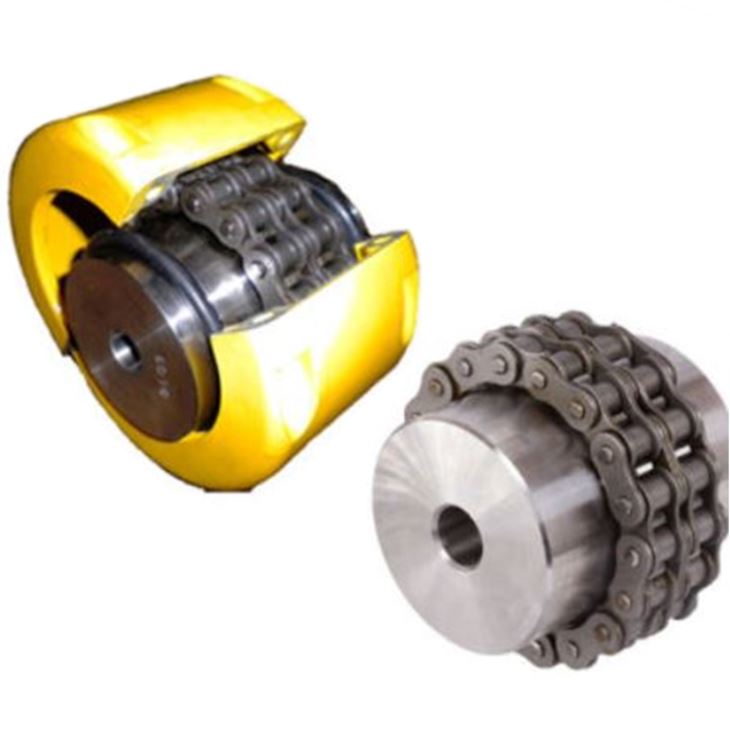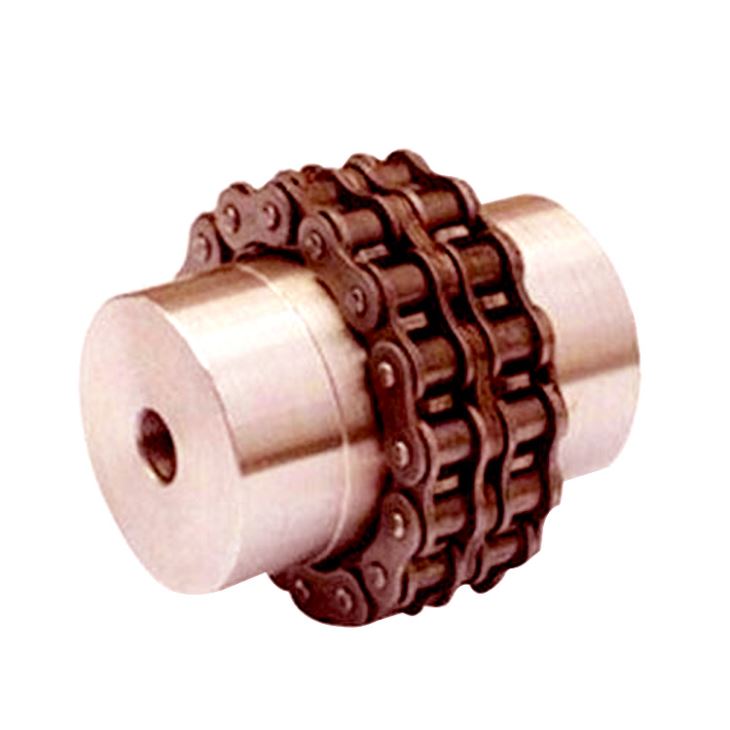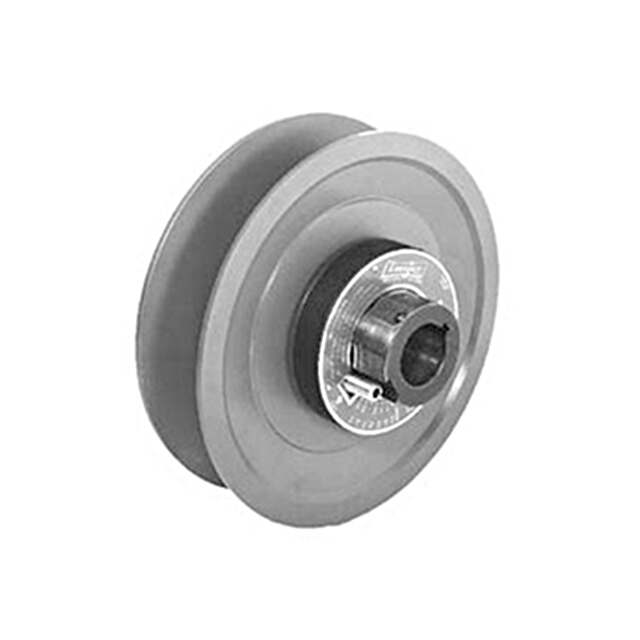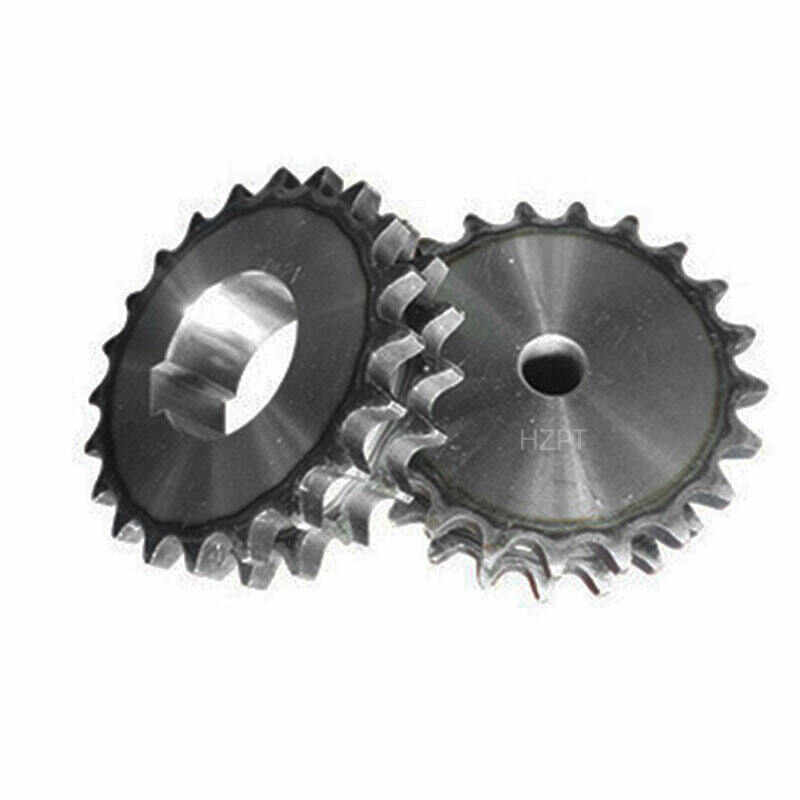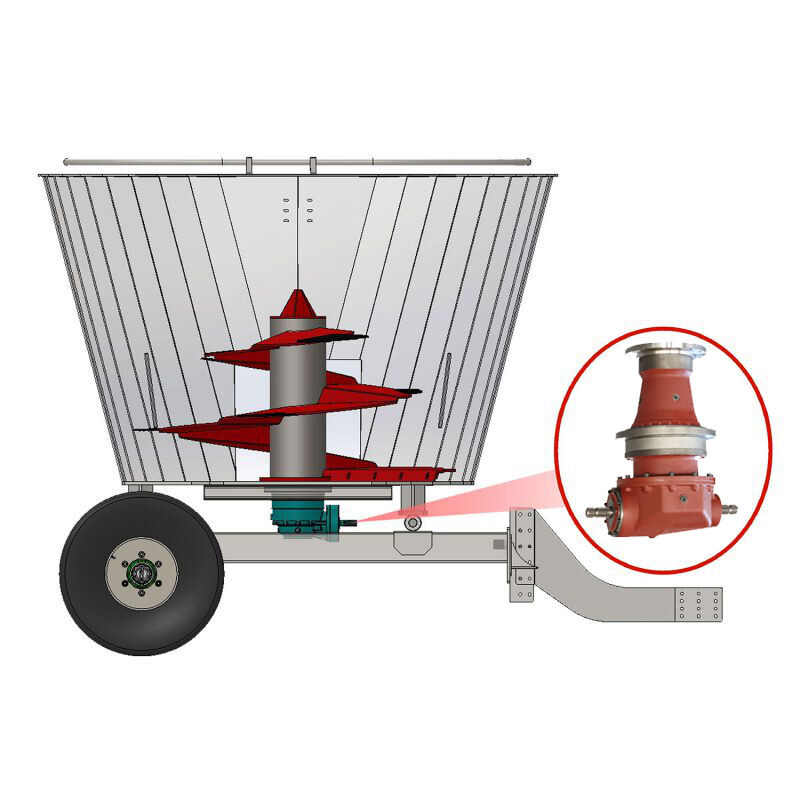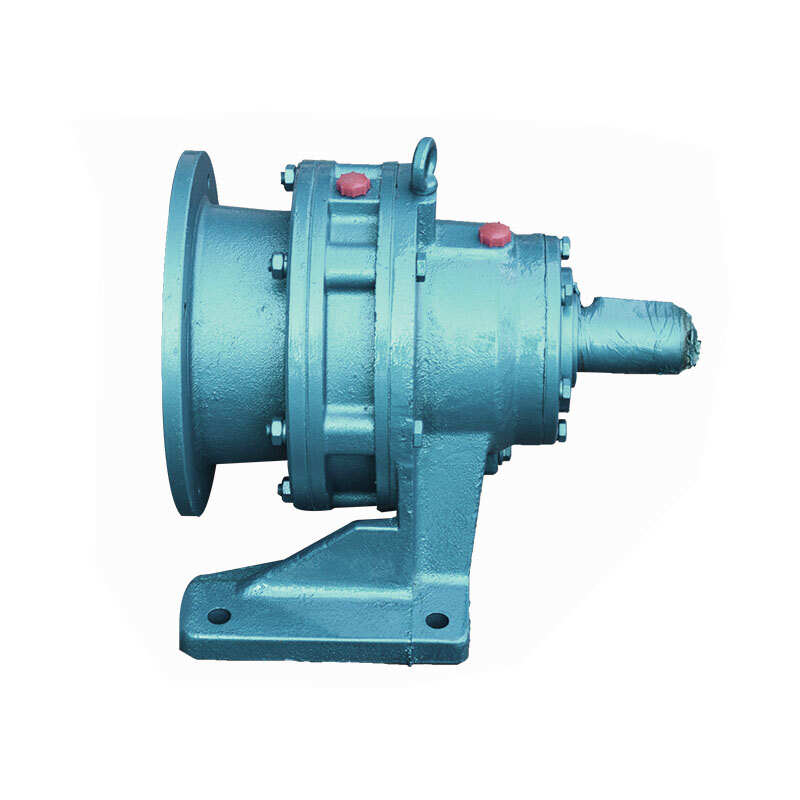Chain Coupling
High-Quality Chain Coupling for Industrial Applications
Chain coupling is an essential mechanical component that connects two shafts together while allowing for some misalignment. Our premium chain couplings are designed for maximum durability and efficiency in various industrial applications. Below are detailed specifications of our chain coupling products:
Chain Coupling Product Specifications
Key Features:
- High-strength alloy steel construction
- Precision-machined sprockets
- Heat-treated components for enhanced durability
- Roller chain design for smooth power transmission
- Multiple size options available
- Corrosion-resistant finishes
Technical Parameters:
| Model | Bore Range (mm) | Max Torque (Nm) | Max RPM | Weight (kg) |
|---|---|---|---|---|
| CC-100 | 12-40 | 120 | 5000 | 1.2 |
| CC-200 | 25-60 | 350 | 4000 | 2.8 |
| CC-300 | 40-100 | 850 | 3000 | 5.5 |
| CC-400 | 60-150 | 1500 | 2500 | 9.2 |
Chain Coupling Applications
Our chain couplings are widely used in various industries including:
- Conveyor systems
- Pump drives
- Compressors
- Food processing equipment
- Paper manufacturing machinery
- Mining equipment
Chain Coupling FAQ
Q: What maintenance does a chain coupling require?
A: Chain couplings require regular lubrication of the chain and sprockets, inspection for wear and proper tension. We recommend checking alignment periodically and replacing the chain if elongation exceeds 3% of its original length. Proper maintenance intervals depend on operating conditions but should typically be performed every 3-6 months.
Q: How do I select the right chain coupling size for my application?
A: Selecting the proper chain coupling involves considering several factors: required torque capacity, shaft sizes, operating speed, and environmental conditions. Our sizing chart provides torque ratings for each model at different speeds. For best results, calculate your application's torque requirement (including service factor) and compare it with our product specifications. Our technical team can assist with sizing if needed.
Q: What are the advantages of chain couplings compared to other coupling types?
A: Chain couplings offer several benefits: they accommodate moderate parallel misalignment (typically up to 0.015 inches per inch of chain pitch), handle higher torque capacities than many flexible couplings, are relatively easy to install and maintain, and are more cost-effective than gear couplings for many applications. Their modular design also allows for easy component replacement without removing entire coupling halves.
Installation Guidelines for Chain Coupling
Proper installation is crucial for optimal chain coupling performance:
- Ensure shafts are properly aligned within recommended tolerances
- Clean shaft ends and coupling components thoroughly
- Install coupling halves on shafts using proper interference fit
- Connect chain, leaving proper slack (consult manual)
- Apply recommended lubricant
- Secure all set screws or locking devices
- Perform trial run and check for vibration
Chain Coupling Troubleshooting
| Problem | Possible Cause | Solution |
|---|---|---|
| Excessive noise | Improper lubrication, misalignment, worn chain | Relubricate, check alignment, replace chain if needed |
| Vibration | Severe misalignment, unbalanced components | Realign shafts, check balance, inspect for damage |
| Premature wear | Overloading, harsh environment, inadequate lubrication | Verify load capacity, improve protection, establish lubrication schedule |
Why Choose Our Chain Couplings?
Our chain couplings stand out in the market for several reasons:
- Manufactured with premium materials for extended service life
- Precision machining ensures optimal fit and performance
- Comprehensive size range to meet various application needs
- Competitive pricing without compromising quality
- Technical support and engineering expertise available
- ISO 9001 certified manufacturing processes
Q: Can chain couplings be used in corrosive environments?
A: Standard chain couplings may corrode in harsh environments. However, we offer special models with stainless steel components and protective coatings for corrosive applications. These versions provide excellent resistance to chemicals, moisture, and extreme temperatures while maintaining the coupling's mechanical performance.
Q: What is the typical service life of a chain coupling?
A: Service life varies based on operating conditions, but our premium chain couplings typically last 3-5 years in normal industrial applications with proper maintenance. Factors affecting lifespan include load characteristics, speed, alignment accuracy, maintenance frequency, and environmental conditions. Regular inspection can help predict remaining service life.
Q: Are your chain couplings available with special features?
A: Yes, we can provide custom chain couplings with special features including: oversized bores, keyways, special materials (stainless steel, nickel alloys), protective coatings, and balanced versions for high-speed applications. Contact our engineering team to discuss your specific requirements.
Ordering Information
Our chain couplings are available through our global distribution network. When ordering, please specify:
- Coupling model number
- Shaft sizes for both connected shafts
- Required torque capacity
- Operating speed range
- Any special environmental conditions
For large quantity orders or custom requirements, please contact our sales team for volume pricing and lead time information. We maintain sufficient inventory of standard models for quick delivery.

